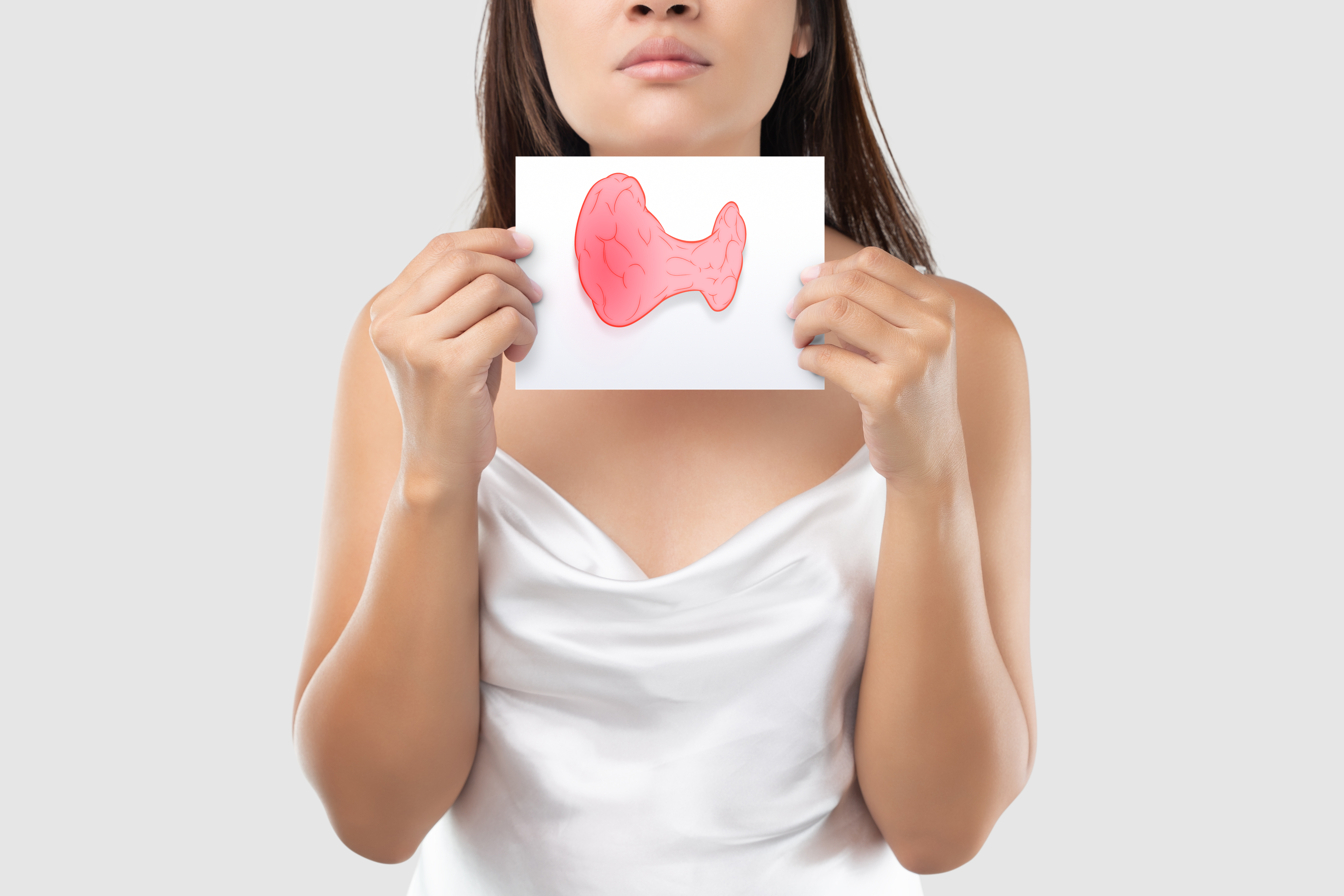12 Surprising Causes of Spoon-Shaped Nails (Koilonychia)
5. Plummer-Vinson Syndrome

A patient's Plummer-Vinson syndrome can cause them to develop koilonychia in their nails. Plummer-Vinson syndrome is a disorder characterized by esophageal webs, chronic iron deficiency, and dysphagia. The cause of Plummer-Vinson syndrome is unknown, and the disorder is a very rare occurrence in the human population. Plummer-Vinson syndrome occurs more often in women than it does in men, but the reasons behind this gender imbalance distribution are unknown. Koilonychia is a characteristic symptom that occurs in some Plummer-Vinson syndrome patients along with the symptoms of glossitis, enlargement of the spleen, and thyroid enlargement. The chronic iron deficiency that occurs in individuals affected by this syndrome is the component connecting it to koilonychia. An insufficient amount of iron provided to the iron-containing enzymes that perform functions in the epithelial cells in and around the nail bed is the best-known mechanism behind iron deficiency precipitated koilonychia.
6. Hypothyroidism

Hypothyroidism, a condition where the thyroid gland underproduces essential hormones, can contribute to the development of koilonychia. The thyroid gland plays a critical role in regulating metabolism and maintaining healthy tissues, including the nails. A sluggish thyroid slows down the body’s ability to repair and regenerate cells, leading to brittle and spoon-shaped nails. Patients with hypothyroidism often experience additional symptoms such as fatigue, weight gain, and hair thinning. The decreased circulation and reduced delivery of essential nutrients to the nail bed in hypothyroid individuals can exacerbate this condition. Treating hypothyroidism with hormone replacement therapy often resolves associated nail deformities over time.
